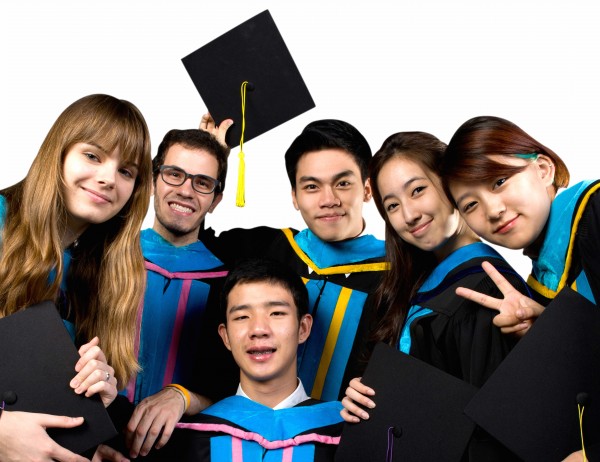Since historic reforms in 2011, Burma’s government has been inviting foreign universities to operate educational programmes in the hope of catching up with international standards.
Thailand has been among the countries given a chance to offer higher education and participate in the country’s growth in this crucial area.
Once considered as having one of the more prestigious educational sectors in Asia, Burma, officially known as Myanmar, was ranked last for ASEAN countries in the 2014-2015 Global Competitiveness Report by the World Economic Forum.
The drop in standards followed the pro-democracy 8888 uprising in 1988. Students were seen as one of the main culprits for the protests, and therefore higher education was destroyed by the government. Universities were shut down on and off – sometimes for up to three years – campuses forced out of town, and lectures strictly censored.
With the opening up of the country after a half-century of iron-fisted military rule has come endless new business opportunities. One organisation that has taken advantage is the University of the Thai Chamber of Commerce (UTCC), which has launched an Master of Business Administration (MBA) programme – dubbed a Global MBA – at its campuses in Rangoon and Mandalay.
[related]
Jakarin Srimoon, programme director and the Dean of UTCC International College in Bangkok, which the MBA programme in Myanmar is modelled on, believes that Thailand’s higher education sector has the potential to grow outside the country.
“Accessibility to education in Myanmar [Burma] is still rather low,” said Jakarin. “I believe that if Myanmar grows as a result of education, Thailand will grow too. The two countries will have a better relationship, and Myanmar more purchasing power to buy goods from Thailand.”
The two-year programme centres on enhancing business knowledge and skills for ASEAN and the world. It is taught by lecturers from Thailand and other countries as well as boasting guest speakers from different business sectors in Thailand. The programme also enables weekend study, which is convenient for most students who work weekdays. So far, more than 300 students have enrolled since the course’s inception in 2012.
One of the reasons that the programme has garnered recognition among the well-off is that the programme is a joint venture between the Union of Myanmar Federation of Chambers of Commerce and Industry (UMFCCI) and UTCC.
Some Burmese businessmen have seen this as a good opportunity for them to do business with Thailand, its neighbour which ranks as the sixth biggest investing country in Burma. Last year, Thailand and Burma shared trade of almost US$10 billion, according to Boon Intiratana, the Thai Commercial Ministry Counsellor based in Rangoon.
Ei Phyusin Htay, a businesswoman who owns an engineering company, felt the need to study an MBA when her country opened up to the world. She decided to study on the programme because she believes in co-operation between UMFCCI and UTCC.
“UMFCCI is a very powerful NGO in Myanmar and has political influence on the business sector,” said Ei Phyusin Htay. “UTCC also has the same kind of influence in Thailand. I can get access to UTCC and I can get access to UMFCCI. Now AEC [ASEAN Economic Community] is looming, it could help me in some way. That’s why I chose to study here.”
The advent of the single-market AEC is right around the corner. With Burmese being the last country to join the group, the programme is also popular for businessmen who are readying themselves for this development.
Myat Htoo, an entrepreneur who runs a media and entertainment business, graduated from the programme’s first intake. Holding a bachelor’s degree in aerospace engineering, he decided to study on the programme because he has plans to expand his business in the future.
“I wanted to focus on growing my business in ASEAN first, so that it didn’t require me to do a degree in the UK or US,” said Myat Htoo. “Even though, locally, there are a lot of MBAs offered, I didn’t like any of them. Some of them are not accredited to any MBA association and that’s why I preferred to do the programme at a Thai university.”



